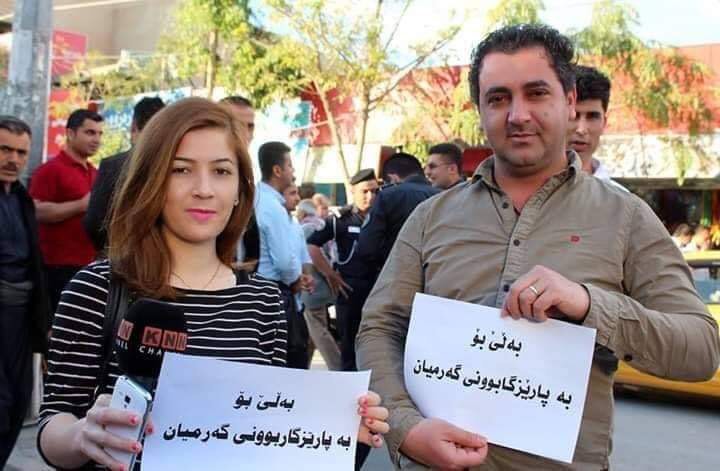The Yezidi Supreme Spiritual Council has firmly denied that any attacks took place on the al-Rahman mosque in Sinjar district, Nineveh province, last Thursday. However, the council maintains its opposition to the return of certain Sunni Arab families who collaborated with and joined the Islamic State (IS) in 2014, committing horrific acts against religious minorities.
Karim Suleiman, a counselor of the Yezidi Supreme Spiritual Council, announced during a press conference today that an investigation into the Sinjar incident found no evidence of an assault on the Rahman Mosque. Suleiman also mentioned that the Yazidi Emir himself had dispatched a three-person committee to Sinjar, known as Şingal in Kurdish, to inspect the mosque firsthand. The committee discovered that the mosque had neither been attacked nor burned.
Suleiman emphasized that the Yezidis of Kurdistan, like all other groups in the country, support the unity, brotherhood, and solidarity that exist within the nation. He added that attacking mosques does not align with Yezidi principles.
Kurdistan24 has reported the discovery of a Kurdish fisherman's body, believed to be killed by suspected ISIS militants, near the Great Zab River in western Erbil province.
The incident highlights the ongoing security challenges in the area, which lacks coordination between the Kurdish Peshmerga forces and the Iraqi army. Kurdistan Region officials regularly call for greater cooperation with Baghdad to address the "security vacuum."
Despite ISIS being territorially defeated in 2017, remnants of the group continue to launch low-level insurgency attacks against both security forces and civilians in areas straddling the Kurdistan Region, disputed territories, and Arab Iraq.

- The tension between the Patriotic Union of Kurdistan (PUK) and the Kurdistan Democratic Party (KDP) continues to escalate. The spokesperson for the Kurdistan Regional Government (KRG) deputy premier has claimed that the Sulaymaniyah region will consider negotiating its own agreement with Baghdad to secure revenues if it cannot reach a deal with the KDP.
- After two days of uncertainty, Sulaymaniyah security forces have informed local media that the two missing former customs officials are now in custody and face charges of "abuse of power."
- Lastly, UAE-based Dana Gas reports a nearly 10% year-over-year increase in gas production within the Kurdistan Region.











